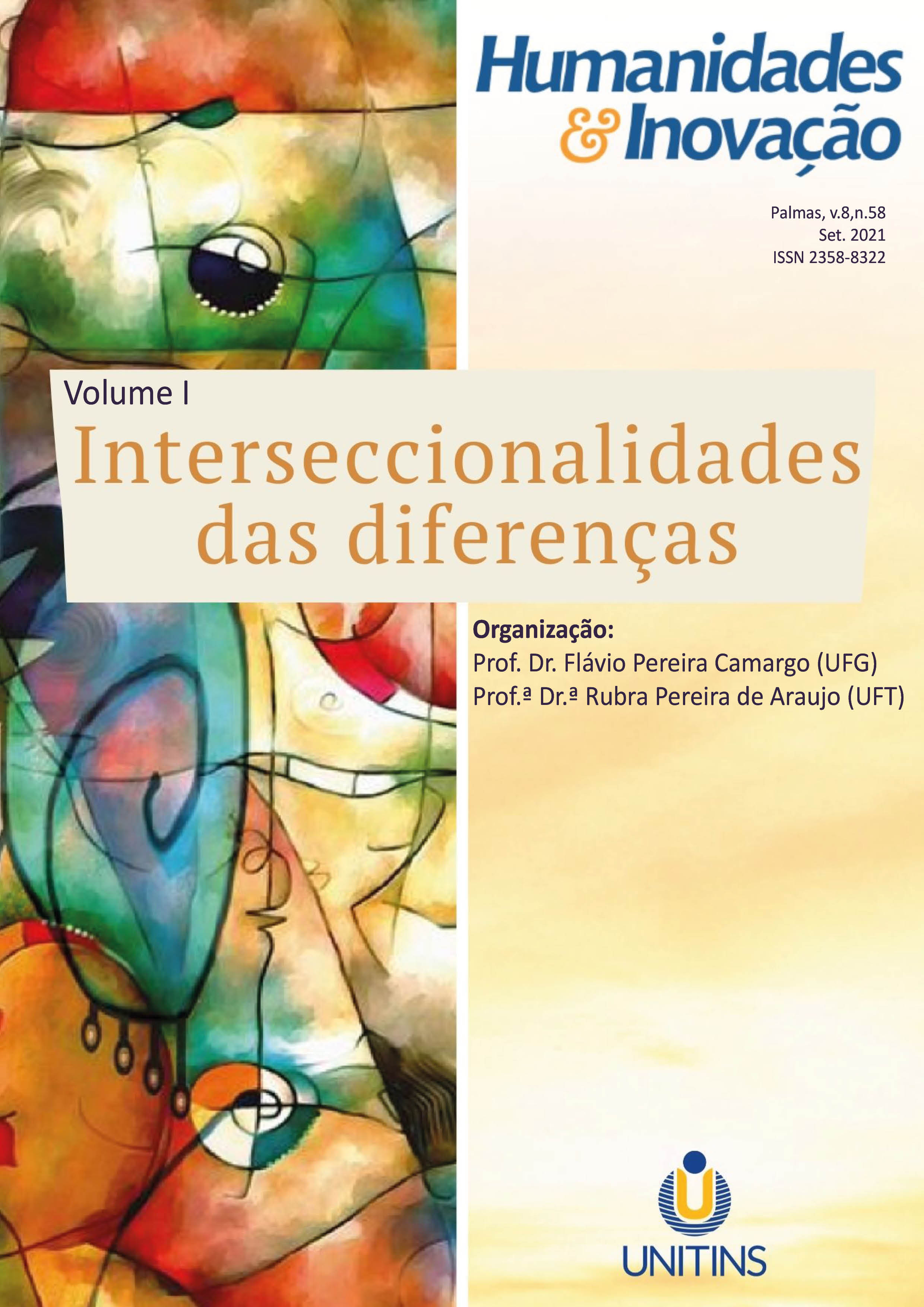SOCIOLOGY OF GENDER RELATIONS THROUGH PAULA SPENCER’S FAMILY
Abstract
Unfortunately, the rates of violence against women have reached an alarming level and have become increasingly thematized in contemporary literature. Accordingly, in Roddy Doyle´s novels The Woman Who Walked into Doors (1996) and Paula Spencer (2006) the protagonist, Paula, represents the numerous victims of violent partners, reminding us of how family is an individual’s first social contact as well as responsible for its family members’ moral values and its children’s education; and of how this will later have repercussions in society. In this way, our article is based on a sociological analysis that investigates the crime of violence against women as inherent to patriarchal society. We also argue that alcoholism is not only an individual or family problem, but a social problem that the Irish government has sought to fight against.
References
BEAUVOIR, Simone de. The Second Sex. Complete and unabridged. Trans. Constance Borde and Sheila Malovany-Chevallier. New York: Vintage, 2009.
BORDIEU, Pierre. Masculine Domination. Trans. Richard Nice. Stanford, CA: Stanford UP, 2001.
BUTLER, Judith. Gender Trouble: Feminism and the Subversion of Identity. New York: Routledge, 1990.
CITELI, Maria Teresa. Fazendo diferenças: teorias sobre gênero, corpo e comportamento. Revistas Estudos Feministas, Florianópolis, v. 9, n. 1, 2001. p. 131-145.
COMPAGNON, Antoine. What is Literature for? Inaugural Lecture delivered at the College de France, 30 Nov. 2006. Trans. Liz Libbrecht. Full text available online: https://books.openedition.org/cdf/3314 Last access: 14/03/2021.
DOYLE, Roddy. The Woman Who Walked into Doors. London: Vintage, 1996.
______. Paula Spencer. London: Vintage, 2006.
EUFRASINO, Caroline. Movimentos feministas e o Conto de Anne Enright. Revista Porto das Letras, v. 2, número especial, 2016. Available: <https://sistemas.uft.edu.br/periodicos/index.php/portodasletras/article/view/2799/897>. Last access: 23/09/2018.
FERNANDES, Florestan. Ensaios de sociologia geral e aplicada. São Paulo: Pioneira, 1959.
GIDDENS, Anthony. In Defense of Sociology. In: WEBBER, Michelle; BEZANSON, Kate |(eds.). Rethinking Society in the Twenty-first Century: Critical Readings in Sociology. 3. ed. Toronto: Canadian Scholars’ Press, 2012. p. 13-16.
GIONNOTTI, José Arthur. Comte. Col. Os Pensadores. São Paulo: Abril Cultural, 1978.
LIBANIO, J. B. Ideologia e cidadania. 2. ed. reform. São Paulo: Moderna, 2004.
O’TOOLE, Fintan. Ship of Fools: How Stupidity and Corruption Sank the Celtic Tiger. New York: Public Affairs, 2010.
WOMEN’S EMPOWERMENT PRINCIPLES [WEPs]. UN Women and United Nations Global Compact. Available: https://www.weps.org/ Last access: 14/03/2021.
PINTO, Céli Regina Jardim. Feminismo, História e Poder. Revista de Sociologia e Política, v. 18, n. 36, p. 15-23. Curitiba, jun. 2010.
REALES, Liliana; CONFORTIN, Rogério de S. Introdução aos estudos da narrativa. Florianópolis: LLE/CCE/UFSC, 2008.
RODRIGUES, Thaíse. Diferença de gênero na dicotomia público/privado e seu tratamento jurídico. 2012. Available: < http://www.ufpb.br/evento/index.php/17redor/
redor/paper/view/46>. Last access: 02/07/2018.
SANTOS, Mariana. Empoderamento feminino, o que é isso? 2017. Available: < https://psicologiaacessivel.net/2017/10/31/empoderamento-feminino-o-que-e-isso/>. Last access: 19/11/2018.
SCAVONE, Lucila. Estudos de gênero: uma sociologia feminista? Revista Estudos Feministas, Florianópolis, p. 173-186, janeiro-abril, 2008.
SCOTT, Joan W. Gender: A Useful Category of Historical Analysis. The American Historical Review, v. 91, n. 5, p. 1053-1075, 1986. Oxford University Press on behalf of the American Historical Association.
SILVA, Ana Maria Augusta da. Sociologia: administração I. São Paulo: Pearson Prentice Hall, 2009.
TEKIN, Burcu Gülüm. Heroines of the working class: The representation of motherhood in Roddy Doyle’s work. Ph.D. thesis. Universidad de Granada, Faculdad de Filosofía y Letras, 2017.
Copyright Notice
The submission of originals to this periodic implies in transference, by the authors, of the printed and digital copyrights/publishing rights. The copyrights for the published papers belong to the author, and the periodical owns the rights on its first publication. The authors will only be able to use the same results in other publications by a clear indication of this periodical as the one of its original publication. Due to our open access policy, it is allowed the free use of papers in the educational, scientific and non-commercial application, since the source is quoted (please, check the Creative Commons License on the footer area of this page).











